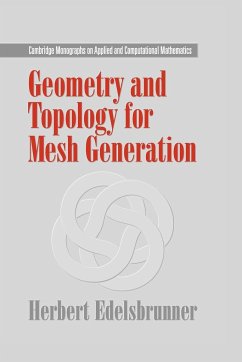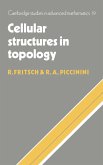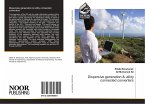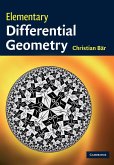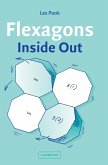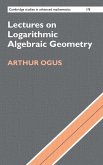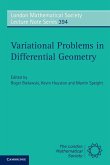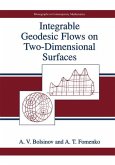This graduate text combines geometry, topology, algorithms, and engineering and emphasizes topics that are both elementary and useful.
The book combines topics in mathematics (geometry and topology), computer science (algorithms), and engineering (mesh generation). The motivation for these topics is the difficulty, both conceptually and in the technical execution, of combining elements of combinatorial and of numerical algorithms. Mesh generation is a topic where a meaningful combination of these different approaches to problem solving is inevitable. The book develops methods from both areas that are amenable to combination, and explains recent breakthrough solutions to meshing that fit into this category. This book emphasizes topics that are elementary, attractive, useful, interesting, and lend themselves to teaching, making it an ideal graduate text for courses on mesh generation.
Review quote:
'The book is an ideal graduate text for courses on mesh generation. The topics of the books are elementary, attractive, useful, interesting, and one section deals with open question in this area.' Mathematical Reviews
'- a very readable exposition -'. Monatshefte für Mathematik
'- well organised - We recommend the book to graduate students and researchers in computational geometry.' János Kincses, Acta Sci. Math.
Table of contents:
1. Delaunay triangulations; 2. Triangle meshes; 3. Combinatorial topology; 4. Surface simplification; 5. Delaunay tetrahedrizations; 6. Tetrahedron meshes; 7. Open problems.
Hinweis: Dieser Artikel kann nur an eine deutsche Lieferadresse ausgeliefert werden.
The book combines topics in mathematics (geometry and topology), computer science (algorithms), and engineering (mesh generation). The motivation for these topics is the difficulty, both conceptually and in the technical execution, of combining elements of combinatorial and of numerical algorithms. Mesh generation is a topic where a meaningful combination of these different approaches to problem solving is inevitable. The book develops methods from both areas that are amenable to combination, and explains recent breakthrough solutions to meshing that fit into this category. This book emphasizes topics that are elementary, attractive, useful, interesting, and lend themselves to teaching, making it an ideal graduate text for courses on mesh generation.
Review quote:
'The book is an ideal graduate text for courses on mesh generation. The topics of the books are elementary, attractive, useful, interesting, and one section deals with open question in this area.' Mathematical Reviews
'- a very readable exposition -'. Monatshefte für Mathematik
'- well organised - We recommend the book to graduate students and researchers in computational geometry.' János Kincses, Acta Sci. Math.
Table of contents:
1. Delaunay triangulations; 2. Triangle meshes; 3. Combinatorial topology; 4. Surface simplification; 5. Delaunay tetrahedrizations; 6. Tetrahedron meshes; 7. Open problems.
Hinweis: Dieser Artikel kann nur an eine deutsche Lieferadresse ausgeliefert werden.

